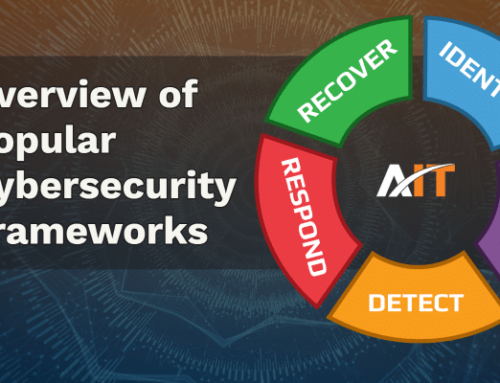From meeting compliance requirements to protecting your business’s bottom line, safeguarding sensitive data is essential to the success of your business, but do you have a solid management model in place to ensure you can do so effectively?
Often used to secure personally identifiable information (PII), data protection management is a strategic combination of human and automated data backup and protection processes, and we break down the best practices you should follow to make sure your management is always up to speed with the latest regulations and security threats.
Data Protection Principles to Guide Your Approach
The United States doesn’t currently have a central federal data protection law. However, different industries across the country often work toward the same data protection objective, to protect and make data available under any and all circumstances, which can be accomplished by following common data protection principles.
Lawfulness & Transparency: When it comes to personal data, your organization should be clear and open with data subjects about how and why you’re processing data, and you should obtain consent when sensitive data is used for a specific purpose.
Data minimization: You should not collect any data that doesn’t serve a specific purpose. In other words, collect the least amount of data you need.
Data retention: In addition to establishing how long you plan to store data, after the data is no longer necessary to your purpose, you should delete it.
Security: The specific regulations for data security vary by industry. HIPAA, for example, has different rules than COPPA. In any case, your organization needs to take appropriate measures to secure personal data.
Follow These Tips for More Effective Data Protection Management
Your organization has its own unique data protection needs, but these best practices will help align your management with the general data protection principles that guide businesses everywhere.
MANAGE YOUR RISKS
Beyond legal requirements, managing risk is an important way of making sure data is processed correctly and protected effectively. With ongoing identification, analysis, mitigation, and monitoring, you can get ahead of data protection issues before they become a real problem.
DEVELOP A DATA PROTECTION POLICY
Stakeholders and external parties need to know how personal data is being handled, and your employees need to know how to handle it. A detailed document that states your policies and procedures when it comes to collecting, storing, and protecting sensitive data provides clarity on all sides.
TRAIN YOUR STAFF
Too often, data breaches are the result of human error, such as employees falling for a phishing scam. With a robust security awareness training program, you can give employees the knowledge they need to recognize when they’re handling personal data, to avoid any scams, and to proactively identify the warning signs of a cyberattack.
FOLLOW THE DATA LIFECYCLE
You need to know where your data is, what it’s doing and why. To do that, you need to implement data lifecycle management. From data collection and usage to data storage and deletion, keeping track of all stages of your data doesn’t just ensure data is accurate and available to users, but it also boosts your organization’s operational efficiency.
HAVE A DATA BACKUP & DISASTER RECOVERY PLAN
With the rising rate of cyber attacks, it’s only a matter of time before your business becomes the next target, so you need to have a game plan in place for avoiding any data loss in the case of a security incident. In many cases, businesses choose to outsource to Managed Security Service Providers like AccountabilIT, who have the knowledge and resources to help you develop a disaster recovery plan that ensures the availability of your data while letting you get back to focusing on other IT initiatives.
MAKE DATA PROTECTION A PRIORITY
Data protection shouldn’t just be a concern for the IT team. It needs to be a priority at all levels in any organization, starting at the top. When company leaders recognize data protection as a strategic priority, they create opportunities to improve and innovate their data management practices, which doesn’t just protect them from security risks but can also boost their competitive edge—especially now that data privacy is becoming an increasingly important topic among consumers.
Make Managing Data Protection a Breeze With AccountabilIT
Whether you need strategic guidance on how to manage your data protection or want someone to take over the entire process, we bring the IT expertise and experience that keeps your data secure and your processes aligned with your core business strategy. Contact us today to find out how we can support your unique data protection needs.




